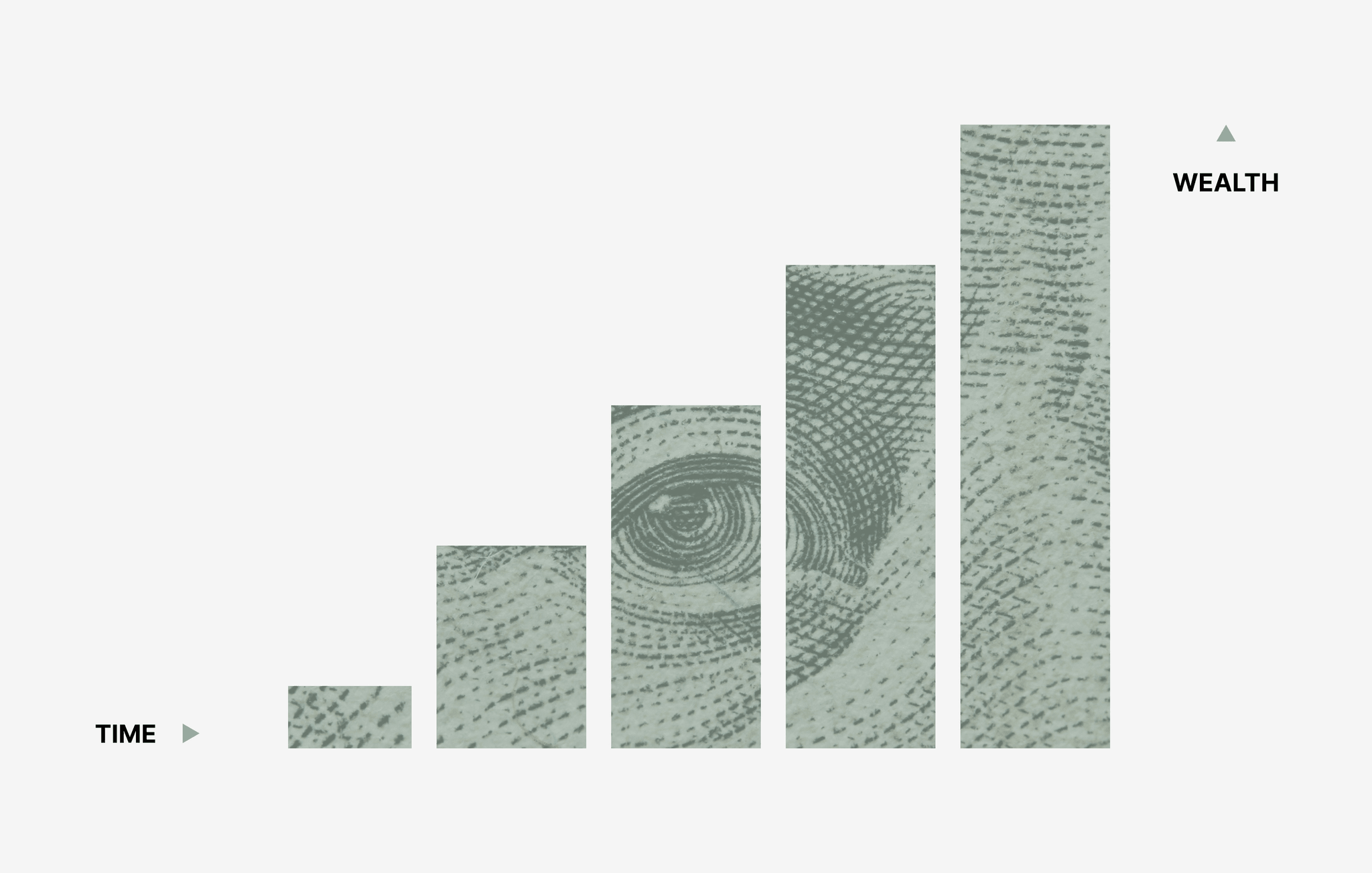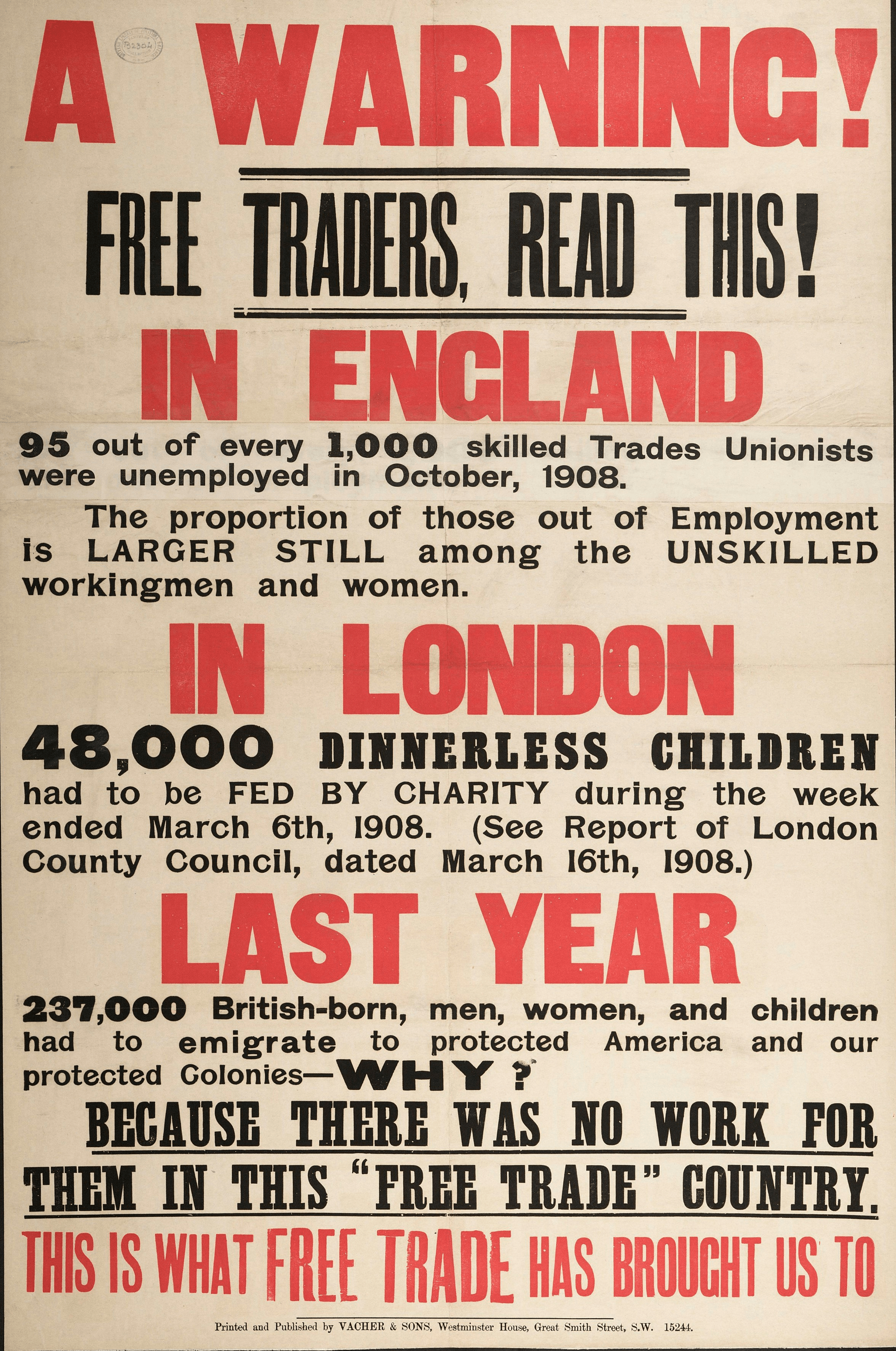Introduction
Tariffs, a word that has been making headlines lately, are essentially taxes imposed on imported goods. These levies are put in place to protect domestic industries and jobs, as well as to generate revenue for the government. Dating back to ancient civilizations, tariffs have played a significant role in shaping global trade and economic policies. The impact of tariffs on the global economy is far-reaching, affecting everything from consumer prices to international relations.
Explaining the Basics of Tariffs
Tariffs are essentially a form of taxation imposed on imported goods, making them more expensive for consumers. This can lead to reduced consumption of foreign products and increased demand for domestic alternatives. Essentially, tariffs serve as a barrier to free trade by making imported goods less competitive in the domestic market.
Historical Context of Tariffs
The use of tariffs dates back centuries, with evidence of their existence found in ancient Egyptian and Roman trade records. Throughout history, countries have used tariffs as a means to protect their industries from foreign competition and to raise revenue for government spending. The implementation and impact of tariffs have varied widely over time and across different nations.
Impact of Tariffs on Global Economy
The imposition of tariffs can have significant ripple effects on the global economy. It can lead to trade tensions between nations, affecting diplomatic relations and international cooperation. Additionally, it can disrupt supply chains and increase production costs for businesses worldwide.
Understanding Tariffs

Tariffs are taxes imposed on imported goods, designed to make domestic products more competitive. There are several types of tariffs, including ad valorem, specific, and compound tariffs. Ad valorem tariffs are based on a percentage of the product's value, while specific tariffs are fixed amounts based on quantity or weight. Compound tariffs combine both ad valorem and specific elements to determine the tax.
Definition and Types of Tariffs
Tariffs serve multiple purposes, such as protecting domestic industries from foreign competition, generating revenue for the government, and reducing trade deficits. Ad valorem tariffs can be easier to administer but may lead to undervaluation of goods, while specific tariffs provide more certainty but can disproportionately affect lower-value items. Compound tariffs offer a middle ground by combining both methods.
Pros and Cons of Tariffs
The advantages of tariffs include safeguarding domestic jobs and industries, fostering national security by reducing reliance on foreign goods, and generating revenue for the government. However, they can also lead to higher consumer prices, retaliation from trading partners, and inefficiencies in resource allocation. SSOURCING INC.'s experience with tariffs has shown that while they can protect local businesses, they also pose challenges in sourcing affordable materials.
Case Study: Impact of Tariffs on Steel Industry
The steel industry provides a compelling case study for the effects of tariffs. When the U.S. imposed steel import tariffs in 2018 under Section 232 of the Trade Expansion Act, it aimed to protect domestic steel producers from foreign competition and bolster national security by ensuring a reliable supply of steel for defense needs. However, this move led to higher prices for consumers using steel-based products and sparked retaliatory measures from trading partners.
By understanding the definition and types of tariffs as well as their pros and cons through real-world examples like the impact on the steel industry, businesses like SSOURCING INC. can navigate these economic challenges more effectively while considering sustainable alternatives in global trade practices.
Why Tariffs are a Hot Topic

Recent Changes in Tariff Policies
In recent years, there has been a significant shift in global tariff policies, with many countries imposing new tariffs or increasing existing ones. This has led to heightened tensions and uncertainty in the global market, as businesses and consumers grapple with the potential impact on prices and supply chains. The unpredictability of these changes has made tariffs a hot topic of discussion among economists, policymakers, and business leaders alike.
Impact of Trade Wars on Global Markets
The escalation of trade wars between major economies like the US and China has had far-reaching effects on global markets. The tit-for-tat imposition of tariffs has disrupted established supply chains and caused fluctuations in commodity prices, leading to increased volatility in financial markets. This has raised concerns about the long-term stability of the global economy and sparked debates about the effectiveness of using tariffs as a tool for geopolitical negotiation.
Company Perspective: SSOURCING INC.'s Experience with Tariffs
As a leading player in the international sourcing industry, SSOURCING INC. has had firsthand experience navigating the challenges posed by fluctuating tariff policies. The company has had to adapt its procurement strategies to mitigate the impact of tariffs on its operations and maintain competitive pricing for its clients. SSOURCING INC.'s experience serves as a microcosm of the broader implications that tariff policies have on businesses operating in today's interconnected global economy.
With recent changes in tariff policies, escalating trade wars, and real-world experiences like that of SSOURCING INC., it's no wonder that tariffs have become such a hot topic in today's economic landscape. As businesses continue to grapple with these challenges, it's essential to stay informed about the latest developments and consider how best to adapt to this evolving environment.
Economic Implications

Effects of Tariffs on Consumer Prices
Tariffs have a direct impact on consumer prices, as they increase the cost of imported goods. This leads to higher prices for everyday items such as electronics, clothing, and household goods. As a result, consumers end up paying more for products that were previously affordable, affecting their purchasing power and overall standard of living. SSOURCING INC. has seen this firsthand with the increased cost of imported raw materials.
Tariffs and International Relations
Tariffs can strain international relations by sparking trade disputes and retaliatory measures between countries. This can lead to diplomatic tensions and strained economic partnerships, ultimately affecting global stability and cooperation. SSOURCING INC.'s experience with navigating these complex international dynamics has highlighted the importance of diplomacy and strategic negotiation in mitigating the impact of tariffs on business operations.
Expert Opinion: Economic Forecast with Tariffs
Economic experts forecast that tariffs will continue to disrupt global supply chains and trade patterns, leading to market volatility and uncertainty. The long-term effects of tariffs are expected to reshape international trade dynamics, prompting businesses like SSOURCING INC. to adapt their sourcing strategies and diversify their supply chains to mitigate potential risks.
Environmental Impact

Tariffs can have a significant impact on the global supply chain by disrupting the flow of goods and materials across borders, leading to increased transportation costs and delays in production. This can result in higher carbon emissions and environmental damage as companies seek alternative routes and suppliers to avoid tariff-related obstacles. SSOURCING INC. has experienced firsthand the challenges of navigating these disruptions in their supply chain, leading them to explore more sustainable options.
Tariffs and Global Supply Chain
The imposition of tariffs can lead to a shift in global supply chains as companies seek to avoid additional costs and delays. This can result in longer transportation routes, increased fuel consumption, and higher carbon emissions, ultimately contributing to environmental degradation. SSOURCING INC. has been proactive in mitigating these effects by exploring local sourcing options and investing in eco-friendly transportation solutions to minimize their carbon footprint.
Sustainable Alternatives to Tariffs
As an alternative to tariffs, companies can explore sustainable practices such as renewable energy sources, ethical sourcing, and eco-friendly production methods. By prioritizing sustainability, businesses can reduce their reliance on long-distance supply chains that are susceptible to tariff-related disruptions while also contributing positively to the environment. SSOURCING INC. has embraced these alternatives by integrating renewable energy into their operations and partnering with environmentally conscious suppliers.
Case Study: Renewable Energy Industry and Tariffs
The renewable energy industry has been impacted by tariffs on solar panels and wind turbines, leading to increased costs for consumers and slower adoption of clean energy technologies. This has hindered the industry's potential for growth and innovation while also delaying progress towards a more sustainable future. SSOURCING INC.'s experience highlights the need for tariff-free trade in renewable energy products to accelerate the transition towards a greener economy.
Remember that tariffs not only affect economies but also have significant environmental implications that should be carefully considered when making trade policy decisions for a more sustainable future.
Looking Towards the Future

As we look ahead, predicting the long-term effects of tariffs becomes increasingly important. Tariffs have the potential to disrupt global supply chains, leading to higher prices for consumers and reduced competitiveness for businesses. SSOURCING INC.'s ability to forecast these effects will be crucial in adapting to a changing trade landscape.
Predicting the Long-Term Effects of Tariffs
The long-term effects of tariffs are complex and multifaceted. While they may initially protect domestic industries, they can also lead to retaliatory measures from trading partners, resulting in a net loss for all involved. SSOURCING INC. must carefully analyze these potential outcomes to strategize effectively in the face of tariff uncertainty.
Government Policies and Tariff Regulation
Government policies play a significant role in shaping tariff regulation and its impact on businesses like SSOURCING INC. As trade dynamics shift, it's essential for governments to enact transparent and consistent tariff policies that provide clarity for companies operating in global markets.
Innovation and Adaptation in the Face of Tariffs
Innovation and adaptation will be critical for businesses navigating the challenges posed by tariffs. SSOURCING INC. must proactively seek out new opportunities, such as diversifying their supplier base or investing in technology that enhances efficiency and reduces costs despite tariff-related disruptions.
Conclusion

The Future of Global Trade with Tariffs
As we look towards the future, it's clear that tariffs will continue to shape the global economy. With recent changes in tariff policies and ongoing trade wars, the impact on international trade is undeniable. Companies like SSOURCING INC. must stay agile and adaptable to navigate these uncertain waters.
Navigating Tariff Challenges for Businesses
For businesses, navigating tariff challenges requires a strategic approach. Understanding the economic implications and environmental impact of tariffs is crucial for sustainable growth. SSOURCING INC.'s experience with tariffs has taught us the importance of diversifying supply chains and exploring sustainable alternatives to mitigate potential risks.
Final Thoughts on the Impact of Tariffs
In conclusion, tariffs have far-reaching effects on global trade, consumer prices, and international relations. As we move forward, it's essential for governments to carefully regulate tariff policies to minimize negative consequences while promoting fair trade practices. SSOURCING INC. remains committed to innovation and adaptation in the face of tariffs to ensure continued success in a rapidly changing global market.

